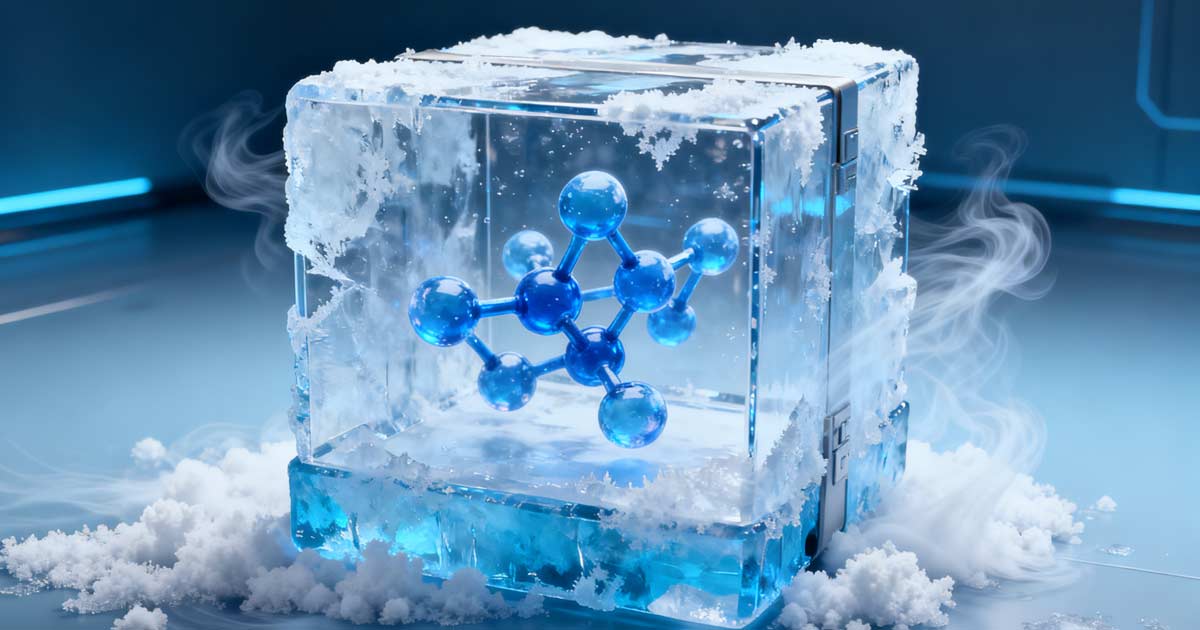
How Cold Chain Packaging Ensures Biopharmaceutical Integrity
Cold Chain Packaging for Biopharmaceuticals plays a vital role in safeguarding the stability, safety, and potency of temperature-sensitive drugs. As biologics and vaccines dominate modern medicine, maintaining precise temperature control from production to patient delivery is crucial to ensuring therapeutic effectiveness and compliance with regulatory standards.
The Importance of Temperature Control
Biopharmaceuticals are derived from living cells, making them extremely sensitive to environmental conditions. Exposure to temperatures outside the required range—typically between 2°C and 8°C—can cause irreversible degradation, protein denaturation, or loss of potency. In some cases, even brief temperature excursions can render a biologic ineffective.
Cold chain packaging ensures that every dose remains stable through each stage of the supply chain, from manufacturing facilities and transport vehicles to hospitals, pharmacies, and clinics.
Components of Cold Chain Packaging
A robust cold chain packaging system integrates insulated containers, temperature indicators, and phase-change materials (PCMs) to maintain precise conditions. High-performance thermal insulation and refrigerants such as dry ice or gel packs prevent thermal fluctuations, even during long-distance shipping.
Additionally, digital temperature loggers and IoT-based monitoring systems provide real-time visibility into temperature data, enabling immediate corrective action if a deviation occurs. The use of vacuum insulation panels (VIPs) and advanced polymer foams improves thermal efficiency while reducing overall packaging weight.
Benefits for Manufacturers and Patients
For manufacturers, cold chain packaging for biopharmaceuticals minimizes product loss, reduces costly recalls, and ensures compliance with GMP, FDA, and WHO GDP guidelines. It enhances operational reliability and streamlines logistics, particularly in global distribution networks where environmental conditions vary widely.
Patients benefit directly from these innovations—receiving medicines that retain full efficacy, sterility, and quality, regardless of geographic location. This reliability is especially crucial for vaccines, insulin, monoclonal antibodies, and gene therapy products that require strict temperature control.
Conclusion
Cold chain packaging for biopharmaceuticals is the backbone of modern healthcare logistics. By combining thermal engineering, smart sensors, and real-time monitoring, it ensures safe and effective delivery of sensitive biologics worldwide. These solutions not only protect patient outcomes but also strengthen trust in the pharmaceutical supply chain, supporting global healthcare accessibility and sustainability.
